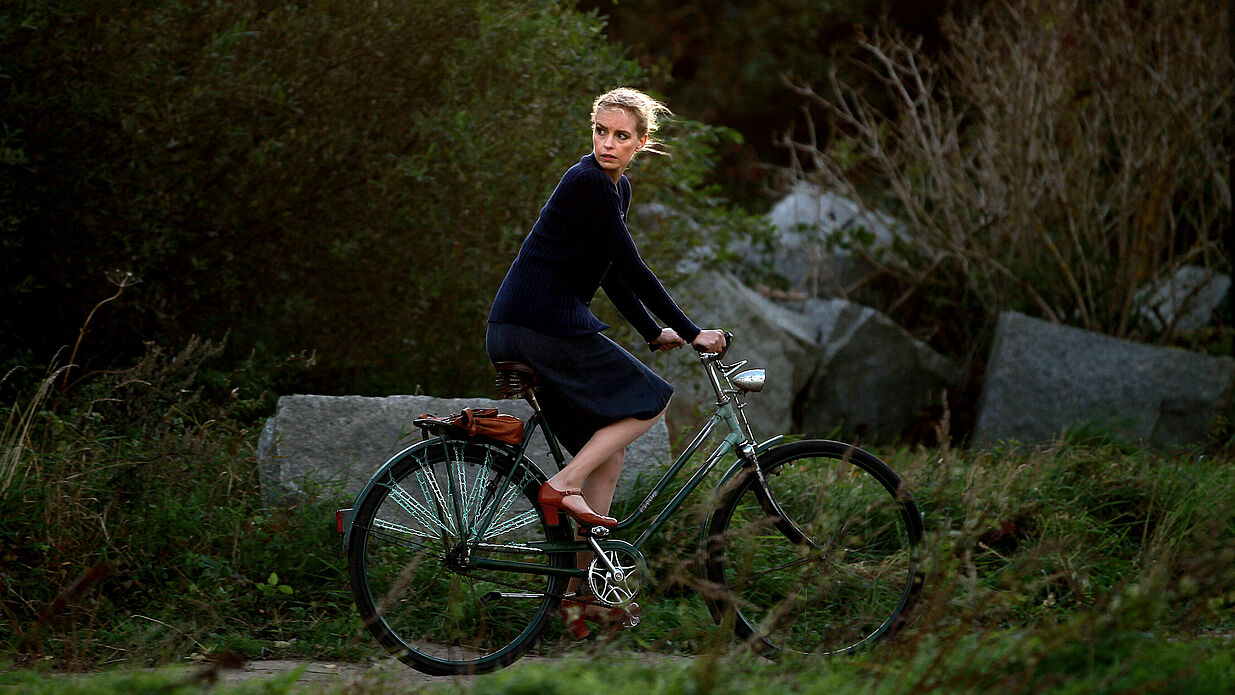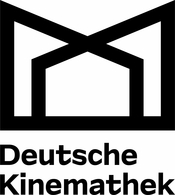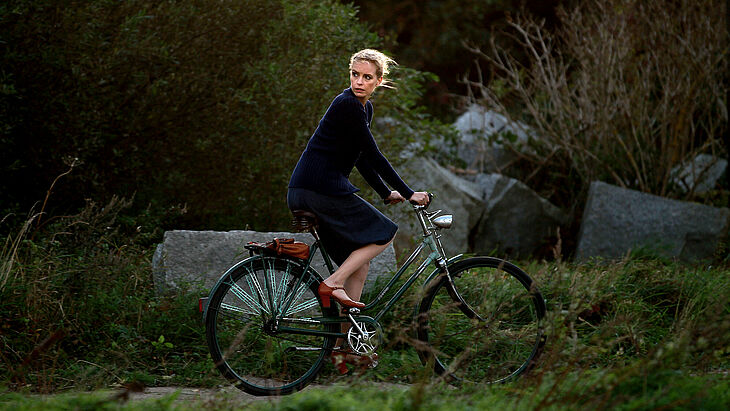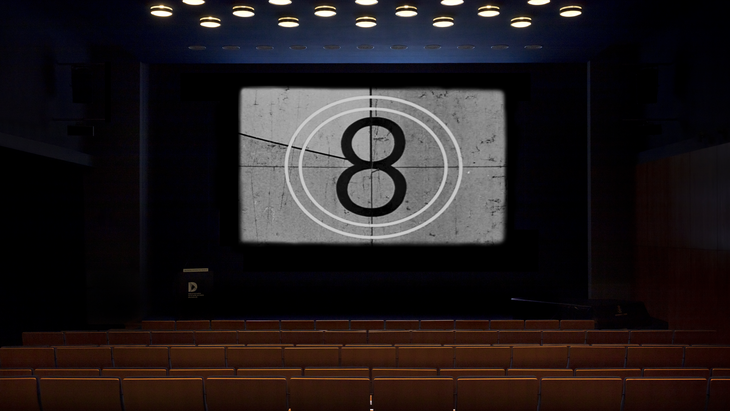Open your ears!
Inclusive cinema ... with audio film

Cinema is a shared experience, seeing and hearing in a dark room. This requires the right conditions. This can be experienced almost daily at film screenings in cinemas. Visitors with impaired hearing complain about the sound settings being too quiet, while guests with poor eyesight prefer to sit in the front rows of seats. The cinema is a cultural institution that requires a certain level of accessibility to visit. And yet it is also an attractive place for many people who are blind, visually impaired or deaf, i.e. whose visual and hearing abilities differ significantly from those of many film lovers, but who still enjoy the cinema as a special place of perception and experience.
In recent years, stakeholders, associations and experts in their own right have increasingly highlighted their passion for the cinematic experience in cinemas and clearly articulated the need for accessibility and cultural participation. They have initiated debates, influenced political decision-makers, set film industry processes in motion and thus fought for an inclusive cinema. A success of these debates is the emergence of new film versions. Anyone who produces, digitises or restores films with public funding in Germany today is obliged to produce so-called accessible versions of the films. As a rule, they are provided with extended subtitles for deaf people and an audio description for blind and visually impaired people. Films with audio description are also referred to as "audio films".
But how are these accessible versions produced for blind and visually impaired people? What characterises a high-quality audio description? Why are audio versions of films so rarely released in cinemas? How can cultural participation in the cinema be improved? The Humboldt-Universität zu Berlin, the Deutsche Kinemathek and the Zeughauskino are jointly launching the Inclusive Cinema event series to address these and other topics and ask about the framework conditions for successful inclusion in the cinema. In addition to inclusive cinema experiences, an exchange with communities and experts will take place with the aim of bringing people both with and without special starting points into dialogue.
The event kicks off with a weekend of events focussing on audio description and audio films. Three films will be shown with an expert introduction. The audio descriptions are open to the entire cinema audience and can therefore be heard by everyone in the auditorium. A family film will also allow young and old to enjoy an afternoon at the cinema together. We are also delighted to have experts for a round table discussion on audio-described films, who will talk about their work and cinema experiences and provide insights into the importance and quality of accessible versions.
Open your ears! Inclusive cinema ... with audio film takes place in cooperation with the Allgemeinen Blinden- und Sehbehindertenverein Berlin. Admission to all events is free!
We are happy to offer visitors with visual impairments support in preparing for and attending the cinema. We will reserve seats for you and your companion and inform you in advance about the local conditions in the Pei-Bau of the Deutsches Historisches Museum. We will also be happy to support you on arrival at the cinema. Just send a short message in advance to zeughauskino@dhm.de.





